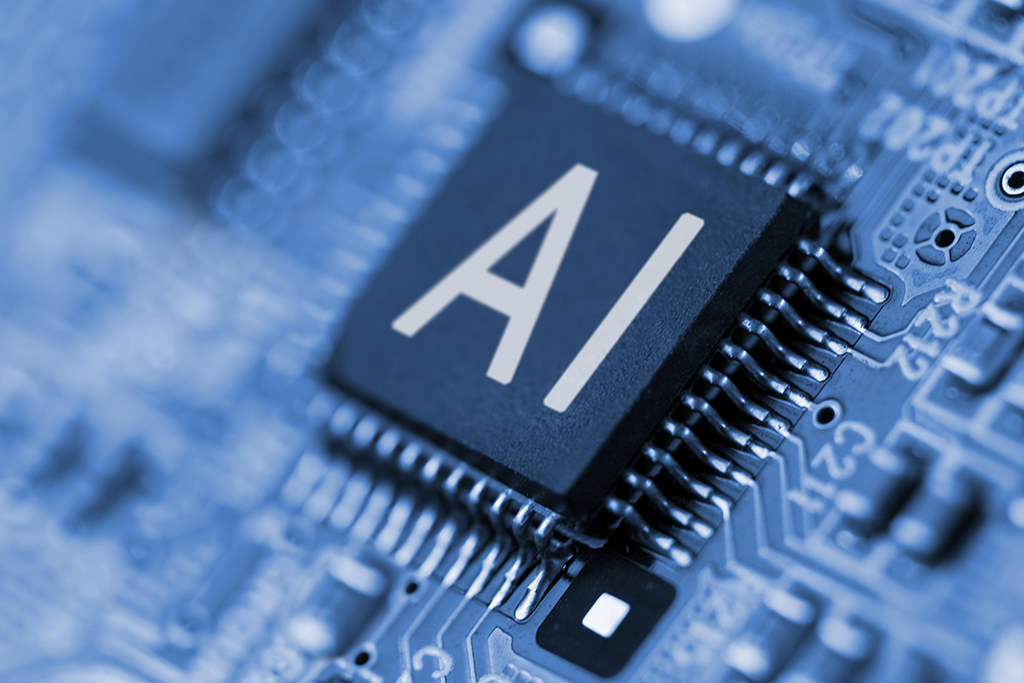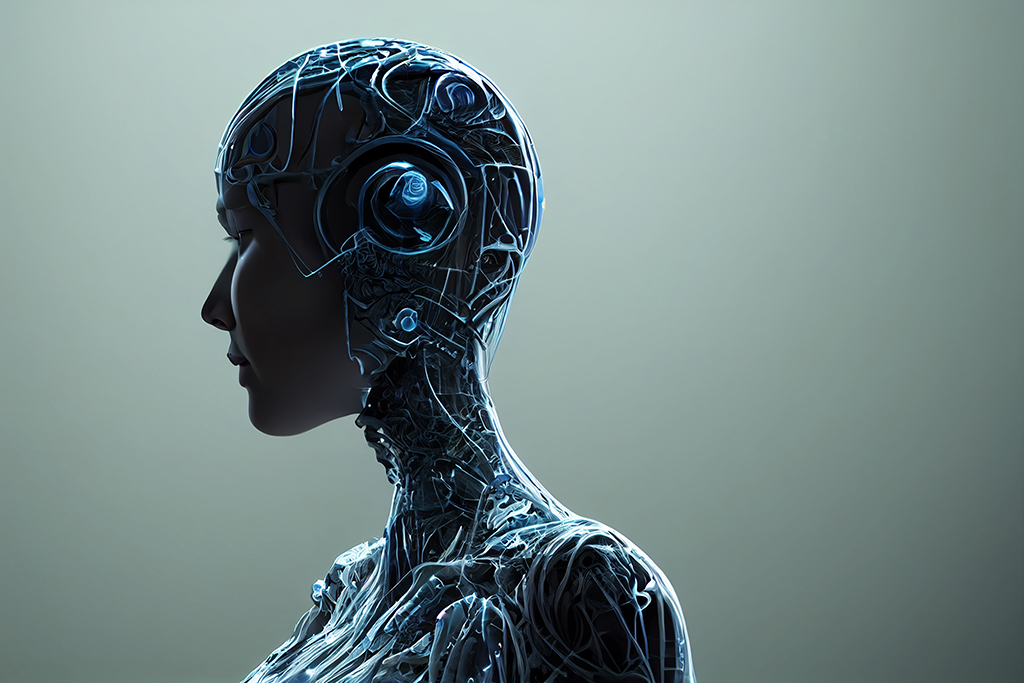
By Admin
Maximize Your Reach: How Digital Marketing Can Skyrocket Your Lead Generation
The positive intentions of establishing OpenAI are reflected in the company's products and work systems. OpenAI collaborates freely with other research organizations and individuals. Not only working together, the research results and patents created by the company are kept open to the public. Thus, it can be avoided that its use has a negative impact on safety.
As previously mentioned, OpenAI was founded by two techpreneur figures, Sam Altman and Elon Musk. The two company founders and other investors, started the company in 2015 in San Francisco, California, with endowment funds of 1 billion US dollars. Unfortunately, Elon Musk left the company in February 2018. This happened because of potential conflicts with Musk's work at Tesla, the electronics company, one of which makes electric cars.


